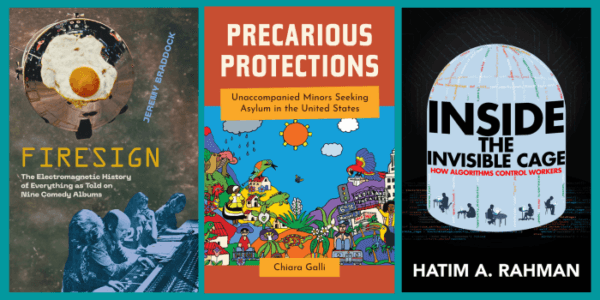About the Book
California Gold offers a compelling cultural snapshot of a diverse California during the 1930s at the height of the New Deal, drawing on the career of folk music collector Sidney Robertson and the musical culture of often-unheard voices. Robertson—an intrepid young woman armed only with a map, her notebooks, and the recording equipment of the time—proposed and directed a New Deal initiative, the WPA California Folk Music Project, designed to survey musical traditions from a wide range of English-speaking and immigrant communities in Northern California. In California Gold, Catherine Hiebert Kerst explores Robertson's distinctive and modern approach to fieldwork and examines the numerous ethnographic documentary materials she generated with WPA project staff to capture a cross-section of the music that people were actively performing in their communities. Kerst highlights some of the most notable songs, images, and ephemera of the collection, capturing and contextualizing the diverse musical traditions that California immigrant communities performed during the New Deal era. Kerst also foregrounds the ethnographic insights and accomplishments of a significant woman folk music collector who has received less attention than she deserves.

